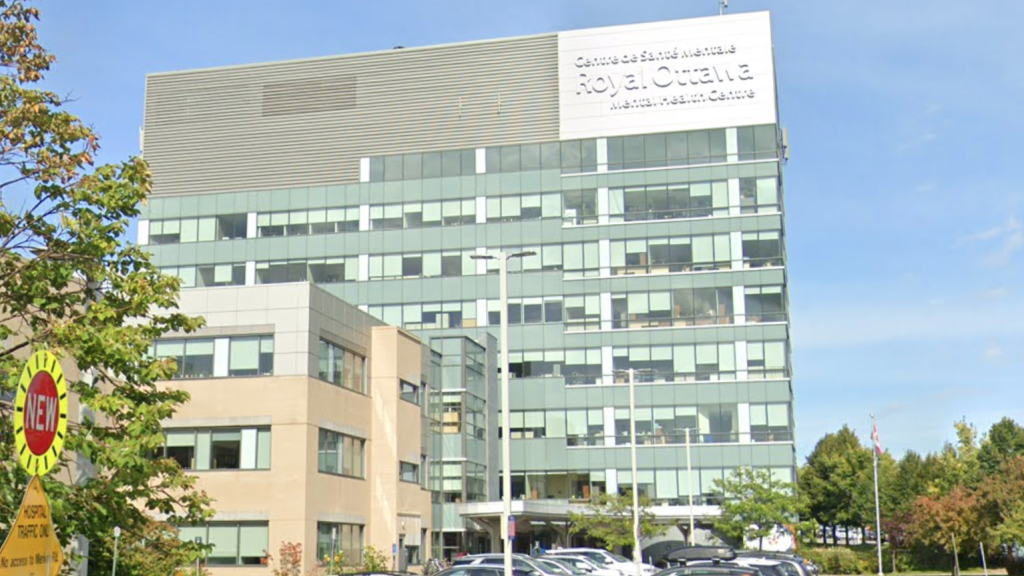Ottawa long-term care home hoping for more funding as Province pledges $35M to Local Priorities Fund

The Ford government has increased funding for long-term care homes that support residents with complex needs to $35 million, up from $20 million last year, and a local institution is hoping to see some of it.
The extra cash for the Local Priorities Fund was announced at the Royal Ottawa Place (ROP) long-term care home by minister of long-term care Stan Cho on Monday.
ROP specializes in care for residents with chronic mental health conditions who have problems with living in the community without difficulty and will help keep them out of hospitals, said its CEO, Cara Vaccarino.
Advertisement
“Avoiding unnecessary admissions is a top priority,” Vaccarino said. “ROP has proven beyond successful in keeping residents with severe and persistent mental illnesses out of the hospital system and, more specifically, out of our community emergency departments.”
According to Vaccarino, only 14 per cent of residents have needed to be re-admitted to hospital for a psychiatric reason since their admission to ROP in the past 10 years.
The Local Priorities Fund was launched in 2022 by the Ford government in the Niagara, Ottawa, Brampton, Mississauga, Windsor-Essex, Eastern Ontario and Hamilton regions.
The fund allows long-term care homes to buy specialized equipment and train staff to help care for residents with mental health conditions who no longer need treatment for a severe injury or illness, an urgent medical condition, or recovery from surgery.
Last year, ROP received $1.7 million from the fund to hire more staff. They also received $183,758 for specialized bariatric equipment, diagnostic equipment, and an enteral feeding pump for residents.
Advertisement
The ministry is currently working with Ontario Health to review this year’s proposals and successful applicants will begin to be notified and receive their additional funding in the coming weeks, said a spokesperson for ROC.
“The Local Priority Fund is helping our team continue to provide services to our unique population,” Vaccarino added.
“We envision a future where we can continue to offer and enhance this specialized model of care that enables our residents to live the happy, healthy, and meaningful lives they deserve.”